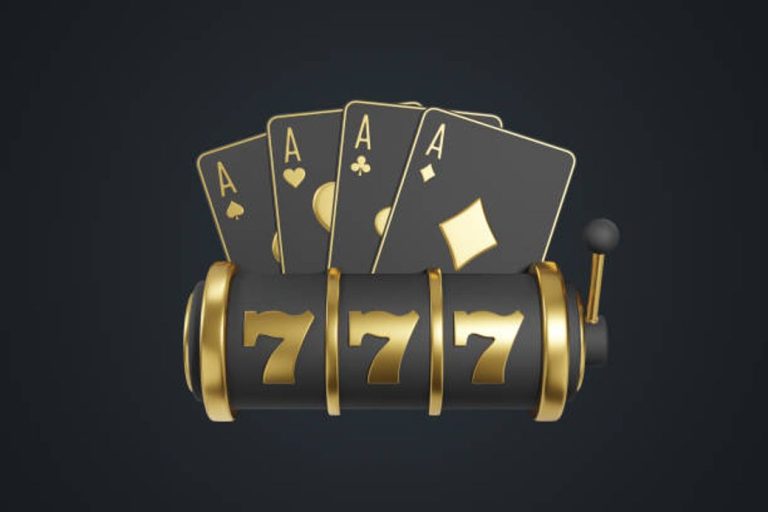When making a crypto transaction or trade, you may end up with an insignificant fraction of tokens left over.
This is known as “crypto dust,” and it typically consists of small amounts that most users don’t even notice—this could be as little as a few hundred satoshis (0.00000001 BTC) worths of Bitcoin, the smallest possible unit. You should also register yourself on a trading platform like this app.
The phrase crypto dust is utilized to make reference to any cryptocurrency which is less than the minimum transaction amount. This means that it would cost more to send that amount of crypto than what the token itself is worth.

The value of this “dust” fluctuates according to demand and price on the network.
How is Crypto Dust Created?
If you have 0.4502719 BTC in your digital wallet, and decide to send 0.45026 of it to a friend, the remaining amount – 0.0000019 BTC – will be considered crypto dust due to its value being lower than the current transaction fee of 0.00001 BTC.
It is easy to move small amount of crypto or crypto dust between different wallets. This is known as a “dusting attack” and it’s used by malicious individuals looking to breach the privacy of a crypto wallet owner.
By sending micro-transactions to multiple wallets and then tracking these tokens, they attempt to compromise their target’s private information.
Also Read: Top Blackjack Games You Can Play at BTC Casinos
Crypto Dust: Is it Dangerous?
Transactions in cryptocurrency often create an unavoidable byproduct: crypto dust. As it’s impossible to match the exact value of what is being sent or received, that tiny difference creates a residue – which we call crypto dust.
Fortunately, though inconvenient, this dust isn’t necessarily dangerous; however, you will still want to address it for good financial practice and security purposes.
Don’t worry if you don’t have a lot of cryptos or want to protect your identity as a crypto user—even if successful, dust attacks can’t directly result in any funds leaving your account. So long as hackers are unable to obtain your private key from the attack, there’s no risk of them hijacking your wallet.
How do Crypto Dust Attacks are generally carried out?
Crypto dusting attacks take advantage of users’ inattention to small amounts of tokens deposited into their cryptocurrency wallets. A rise or fall of 0.1 BTC—which is worth thousands of dollars—is likely going to be noticed, but a few satoshis are often overlooked and forgotten by the user.
Hackers can use advanced tracking to find out which addresses from a crypto wallet belong to the same individual, potentially leading them to discover your identity and personal details.
But that’s not all – they may then try to extract payments from you through sophisticated phishing scams or extortion.
Dust Limit
Do you own cryptocurrencies, but the number of tokens in your wallet is so small that it can’t be transferred? If so, then you are most likely dealing with blockchain dust limits. Blockchain dust limits set the minimum quantity of tokens required to use a cryptocurrency on its associated blockchain.
Transactions involving small amounts of Bitcoin, known as dust limits, can incur a high level of fees due to market conditions like transaction costs and token prices. This results in an overly complicated system that makes it difficult for users to manage their wallet balance efficiently. \
For this reason, most cryptocurrency wallets have set the bitcoin dust limit at 546 satoshis (about 10 cents) – a much more practical solution.
Also Read: How Casinos Helped the Growth of Cryptocurrency’s Adoption as a Payment System?
Ways to get rid of Crypto Dust
- It is advisable to make use of DeFi wallets to produce a new address for each transaction that you simply make to defend yourself from this kind of attack.
- VPNs may also be utilized to guard your anonymity and improve your security whenever you’re on the internet.











+ There are no comments
Add yours